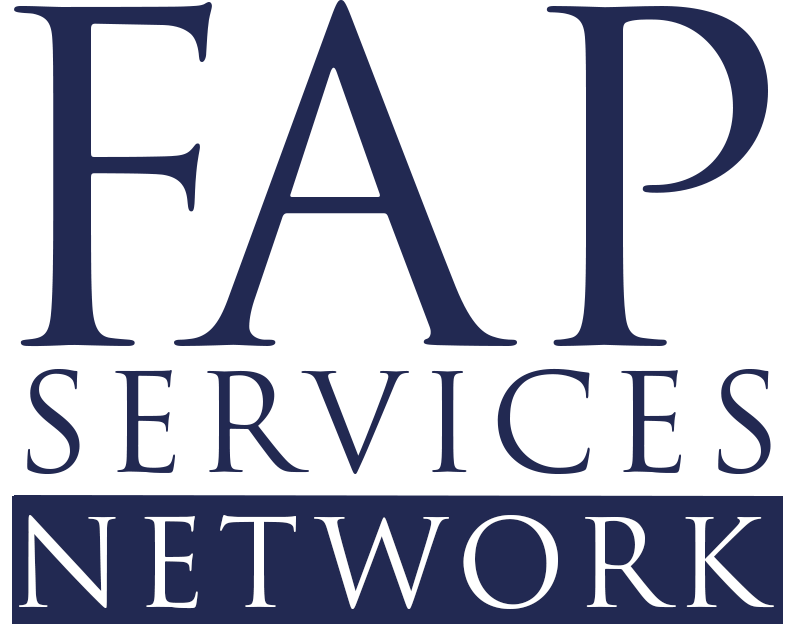This article covers two key points for an effective referral relationship, educating your centre of influence (COI) and working through objections when referring clients. There are two other key points that need to be developed once you’ve identified your COI. This can be found here.
Seeing enough new potential customers is a vital part of business. No matter how good the service or how good you are at delivering it, if you do not engage with enough new prospects your business will not produce the results it is capable of.
Building your status as a Trusted Adviser
The strategy of developing effective referral relationships with other professional advisers such as accountants, lawyers and business consultants is an approach many risk advisers aspire to, particularly those wanting to advise businesses. But few achieve the level of referral outcomes they are aiming for and many become frustrated and perplexed by the lack of success.
Experience shows us that referrals from a trusted professional (if referred well) will be our ‘warmest’ and our conversion rates will be higher. However, to get that referral flow running well, you first need to build your status as a trusted adviser with the professional and this process takes time and effort.
At the core of this, your Centre of Influence (COI) partners will need to:
- Understand your service and its benefits for their clients
- Have confidence in your capability to deliver a high-quality experience
- Trust and respect you
Don’t confuse understanding your service as meaning ‘understanding your advice workflow process’ – that’s how you deliver your service, not how it helps clients. A COI needs to ‘understand the problems you solve for their clients’ and how that leads to protection of a client’s wealth and income.
You need to develop the description of your proposition so that it:
- Captures attention
- Positions you as an expert
- Is easy for others to repeat
In my experience, this is no small feat especially as many of us have been taught that we differentiate ourselves by explaining the steps in our process rather than the outcomes we achieve for our clients.
It is easier for a COI to explain to a client that they feel it would be worthwhile to meet with you because they can see that the client has some potential exposure to creditors and they feel confident you can help them to protect their wealth than to expect them to give a spiel about the features of your service.
If a COI is a client of yours then the transfer of understanding and trust will be easier to achieve, but it does not need to be a limitation to your relationship if they are not.
Getting to know your COI
If you want to get traction with a COI you need to know their business very well. Not just what they do, e.g accounting, but their value proposition and how they fulfil that.
It is through this knowledge that you are more likely to be able to determine if the firm cares about the client beyond the service they provide and will proactively identify and help the client solve other problems. If this is not part of their culture the likelihood they will actively refer clients is low no matter how much effort you put in. So, one of the fundamental things you need to learn about a potential COI is how much they care.
Websites can be deceiving in terms of understanding what services dominate the work a professional firm provides to clients. For example, accounting practice websites will often describe services of Business Advisory indicating a more proactive and holistic approach to clients’ needs. But if, for example, 90 percent of their revenue comes from delivering compliance services then it might indicate that the focus of the business is more retrospective and insular than on helping clients develop and grow.
Building a profile of a potential COI and their business helps you find the ways to work with them and to collaboratively add value to clients. But it will also enable you to determine quickly if they really aren’t the right link for you and you can direct your effort elsewhere.
Developing an Operational Diagram of the firm will provide you with important insights into:
- Who is in the team
- What roles they have with clients (who has frontline engagement)
- The services the business provides and how each contributes to overall revenue
It can be easy to fall into the trap of believing the only relationship you need to establish is with the principals within a professional practice, when in fact it is the associates who have the most regular contact with clients.
Use the insights from the Operational Diagram to identify who needs to be educated about your services, trained on how to identify which clients it would benefit and how to make referrals. Don’t hand on the job of doing this internal work on your behalf to the principal who might be your first point of contact.
However, to really get to know your COI you need to extend your discussion to other areas such as the:
- Core business offer
- Client proposition
- Values and philosophy
- Target market
- Core areas of expertise
- Key relationships with other professional services
- Future vision
The alignment of these characteristics is in my experience, vital to creating a successful COI relationship.
This article was written by Cecilia Farrow, Managing Director and Founder of FAP Services Limited and TripleJump Group Holdings Ltd.
Back To Articles >>


